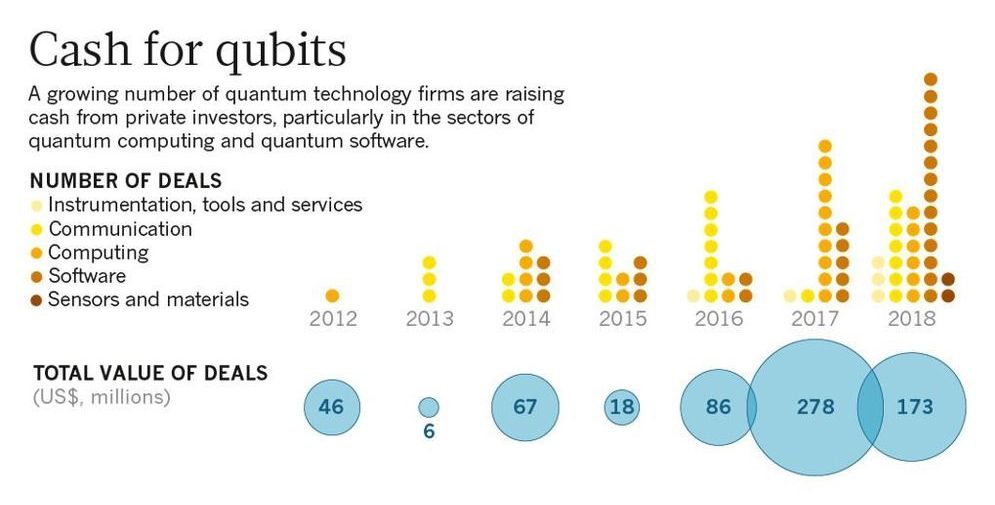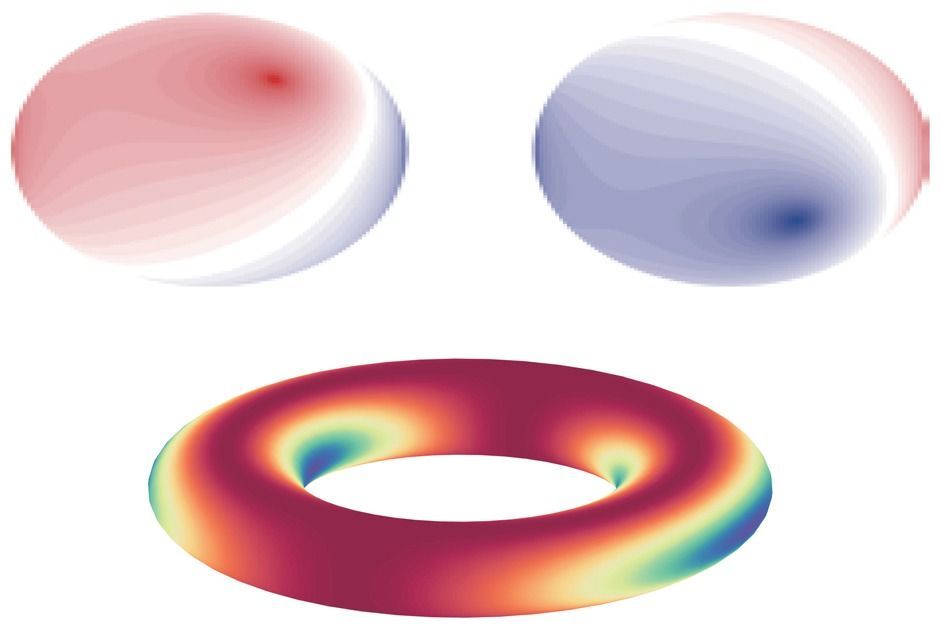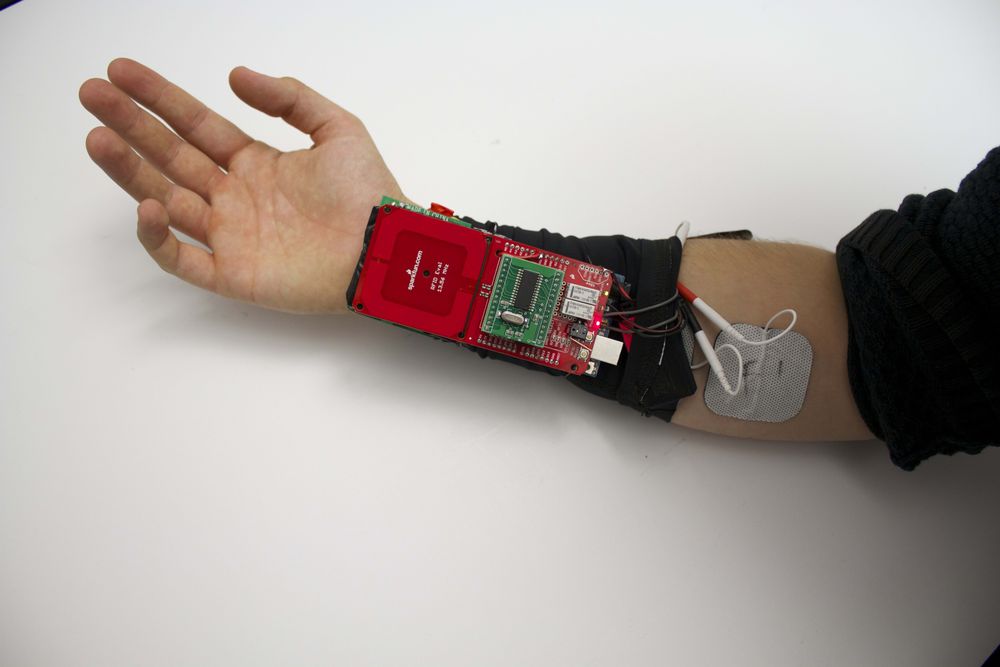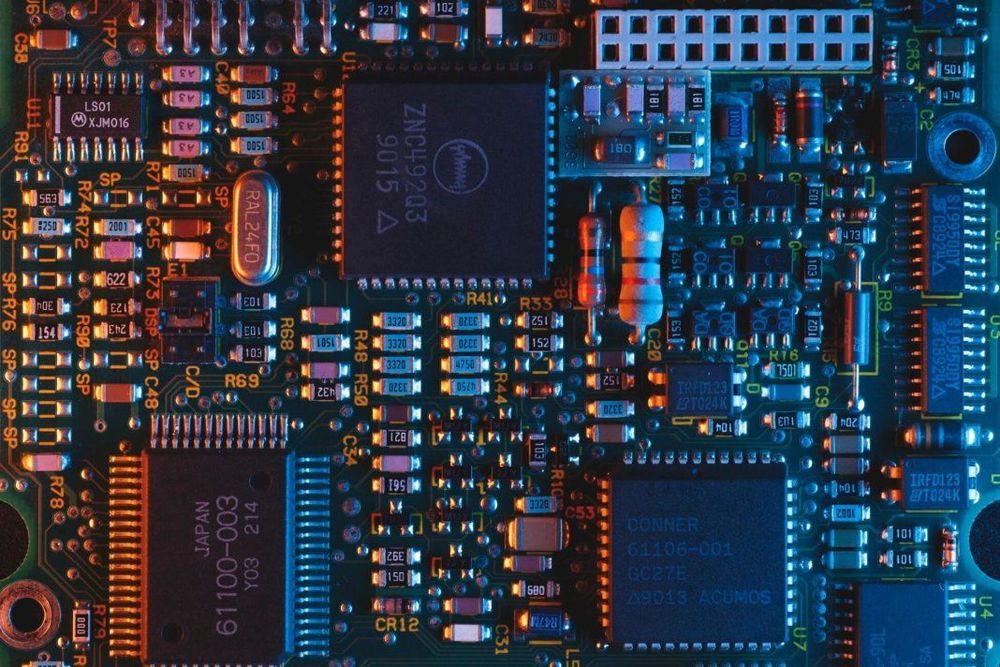Some researchers have raised the possibility that, if quantum computers fail to deliver anything of use soon, a quantum winter will descend: enthusiasm will wane and funding will dry up before researchers get anywhere close to building full-scale machines. “Quantum winter is a real concern,” Preskill says. But he remains upbeat, because the slow progress has forced researchers to adjust their focus and see whether the devices they already have might be able to do something interesting in the near future.
Researchers search for ways to put today’s small noisy quantum systems to work. The hunt for useful quantum computers.







